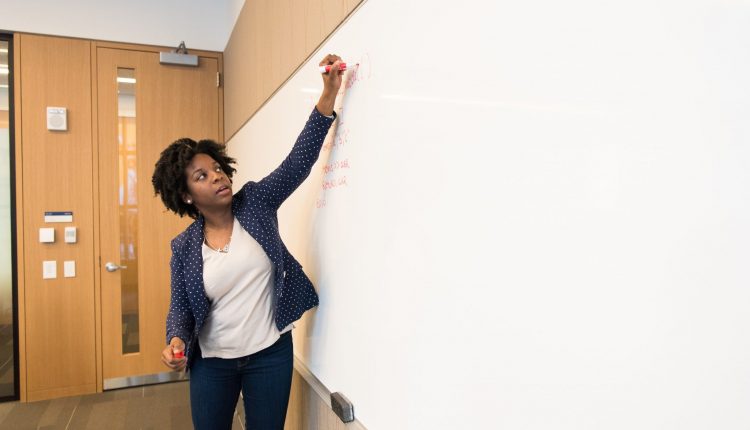A. Science Project Preparation and Initiation
a)The role of the teacher in preparation
Kenyan teachers are involved enormously in Kenya Science and Engineering Fair KSEF activities. They play critical and crucial roles in sensitizing the students, initiating science fairs, supervising project development, documentation and rehearsals. Therefore the success of science projects requires investment of resources and time.
b) Project initiation (starting)
-
The work of choosing a topic for investigation and or research is challenging to learners in general and students preparing for the science fair.
-
The teacher guides and helps the students to select an appropriate topic and frames it in researchable statement.
-
Teachers also help students with preliminary information for background and literature review
c) Actual activities at this stage.
-
teachers to distribute information about the science fairs to students and to display notices about Zonal, Sub-County, County, Regional and Nationals
-
The teacher gives the school program on interclass competition, fixtures on meeting to monitor data collection and exhibit develop, organizing rehearsals etc
-
The teacher initiates school science fairs by giving them basic information then generating the program
-
The teacher motivates learners to participate in science fair
-
The teacher coordinator ( patron) motivates other teachers to participate & support the students
-
The science fair coordinator (Patron) markets it a school activity.
-
Students are exposed to relevant sources of information that include: Newspapers
, Internet, Previous projects, Government flagship documents like vision 2030, SDGS etc
-
Assist students in project placement & identifies the best presenters
d) Way forward
-
Expose the students (whole school)
-
Give them a period of one week then conduct interclass competition (a must)
-
Assist learners in project placement
-
Identify the best combination of presenters & filling in of research books
B. Science Project development
i) Activities at this stage:
-
Students must submit their research plan to their teacher before starting a project, for approval. Ethics needs to be considered at this point.
-
Choose a topic or question
-
Gather information about the topic. What do you need to know to answer the question?
-
Formulate hypothesis and /or objectives.
-
Filling the research book.
-
Developing the design of the exhibit/ project.
-
The teacher assists students to carry out experiments. During experimentation the teacher provides students with requisite support and important safety guides for successful execution of the investigation.
-
Collect, analyze data and drawing conclusions
ii) Way forward
-
Filling in of research books
-
Data collection thro’
-
Consultation
-
Experimentation
-
Data analysis
-
Rehearsals – compulsory 2 before final documents are generated.
-
C. Recordings
- Write a report.
- Results of the investigation have to recorded and analyzed.
- The teacher guides the students through the stages of a scientific method
D. Presentations and Rehearsals
-
The teacher leads students through:
-
Confirming correct placement,
-
Interclass /inter-house competitions (a must for schools that want to improve participation and quality).
-
Rehearsals (a minimum of three before the competitions).
-
Actual presentation (students should be assisted in mounting the display boards and setting up the exhibits).
E. Summary of stages in project development
Stage 1: Students must submit their research plan to their teacher, before starting a project, for approval. Ethics needs to be considered at this point.
Stage 2: Choose a topic or question and objectives.
Stage 3: Gather information about the topic. What do you need to know to answer the question?
Stage 4: What do you think the answer will be? Form your hypothesis
Stage 5: Do experimentation on your topic
Stage 6: Draw conclusions based on the results of the testing.



Comments are closed.